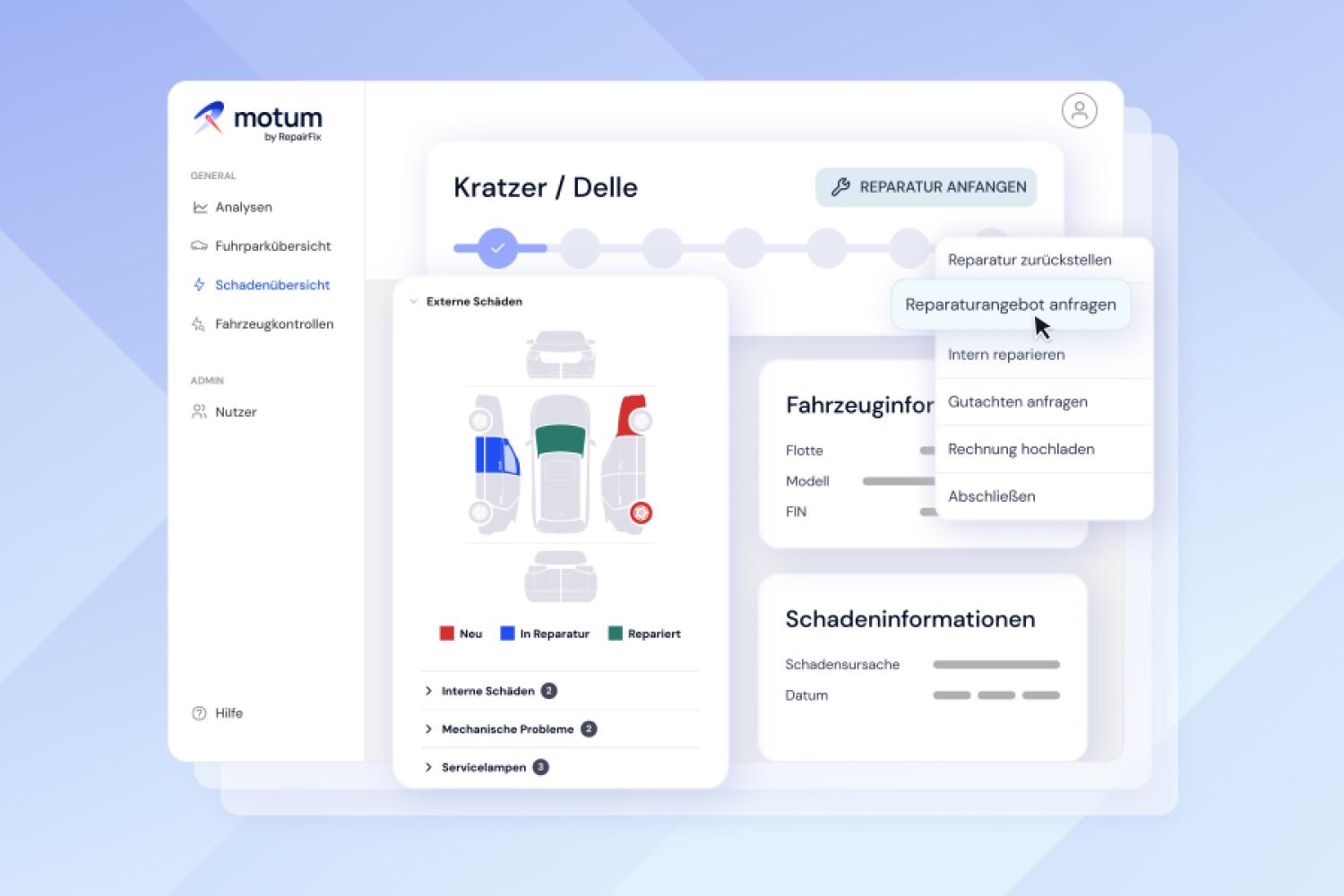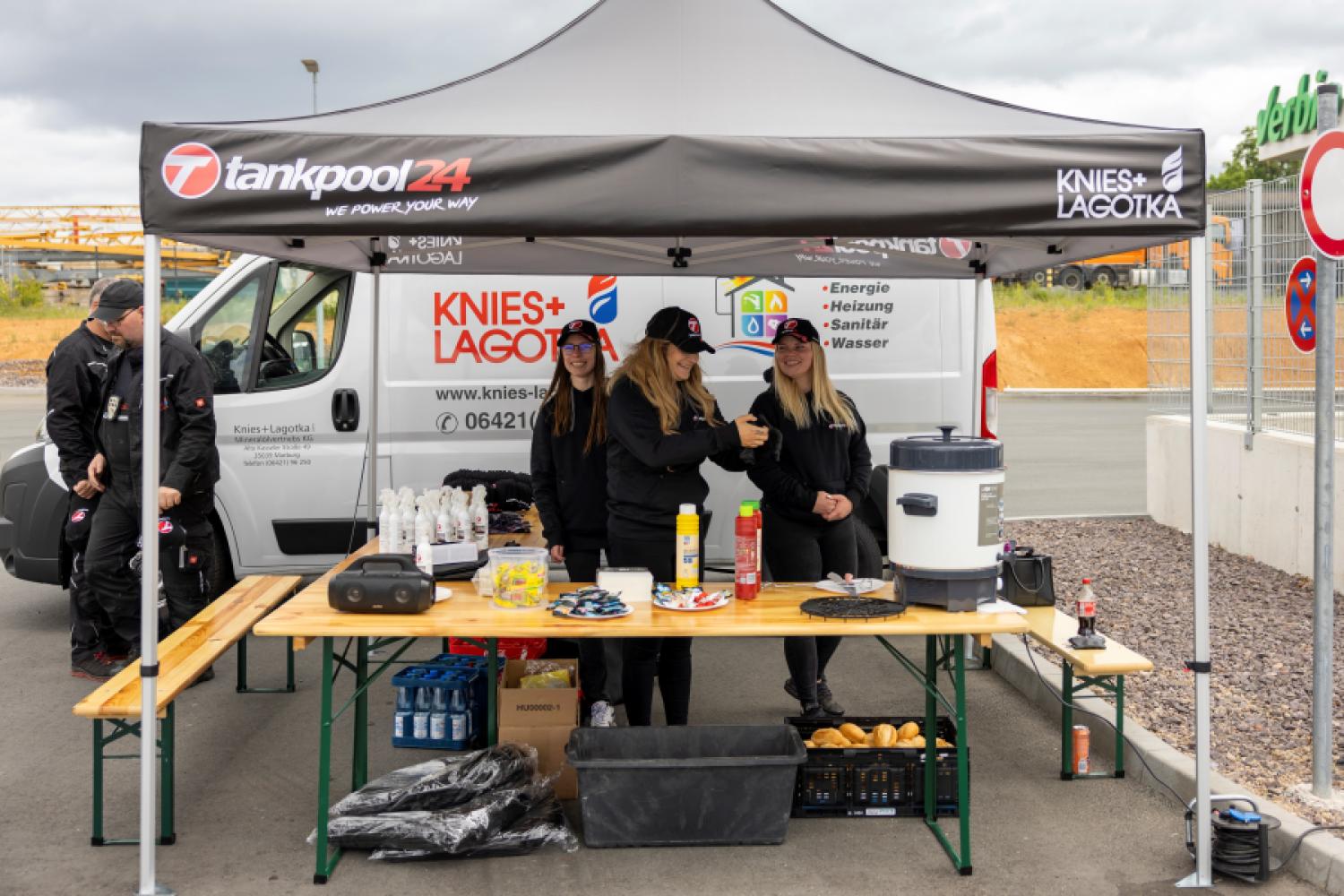The recently concluded wage tariff agreement (ETV) establishes an important foundation for reliable framework conditions in the Thuringian road freight transport sector from the perspective of the LTV. With it, the association complements its tariff offering, which previously consisted of the general tariff agreement (MTV) and the ETV for logistics companies. With the new agreement, the association sees itself able to now provide tariff regulations for the entire transport and logistics industry in Thuringia.
LTV
Managing Director Martin Kammer assesses the agreement as an important step:
“We are very pleased to have been able to conclude a wage tariff agreement again for this important area of our industry.”
According to the LTV, the new ETV aimed to strengthen the companies’ position in the competition while simultaneously creating a reliable regulatory framework for employees. The negotiating parties thus sent a signal for stable and uniform regulations in a market that is
under high economic pressure.
According to the LTV, the agreement is intended to provide planning security for both the companies and the employees. In an industry characterized by volatile framework conditions, this is increasingly becoming a competitive factor. The association sees the new ETV as a contribution to the stabilization of Thuringian freight forwarding and road haulage.
The tariff negotiations between the LTV and ver.di had dragged on for several months. Both sides have so
far not commented on details of wage increases or structural changes in the contract. However, the LTV points to the importance of a complete set of tariff regulations as a competitive advantage.
With the conclusion, the association now has a complete set of tariff instruments for forwarding companies, logistics companies, and traditional road haulage. According to its own statements, the LTV aims to create reliable conditions for employees and strengthen the entrepreneurial capacity to act






